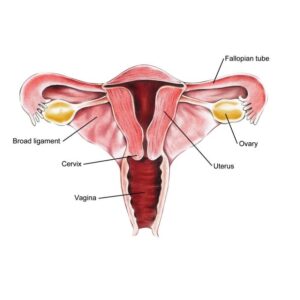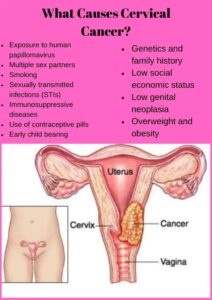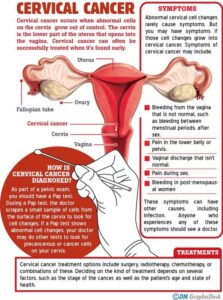Cervical Health Awareness Month
CERVICAL HEALTH AWARENESS MONTH
What is Cervical Cancer?
Most people don’t necessarily know what cervix mean
Cervix is the lower part of the uterus (womb) in the human female reproductive system. The cervix is usually 2 to 3 cm long (~1 inch) and roughly cylindrical in shape, which changes during pregnancy. The narrow, central cervical canal runs along its entire length, connecting the uterine cavity in the lumen of the vagina
January is Cervical Cancer Awareness Month, a great time to talk about how human papillomavirus (HPV) vaccines can help prevent cancer. Cervical cancer was once the leading cause of cancer death for women
REASONS WHY ONE SHOULD GET TESTED.
Many women don’t realize how important having a regular Pap smear can be in preventing cervical cancer. Most commonly, today’s Pap smears test not only for cytology, but for evidence of HPV and even the HPV sub-type. In most cases, cervical cancer takes years to develop; having a regular Pap smear detects these changes long before they become cancerous.
The frequency of how often you should get a Pap smear varies from woman to woman, so if you are unsure or have never had one, check with your doctor.
Be Proactive
Occasionally Pap smears can come back abnormal but many women fail to follow-up on results or proceed with treatment. This can be due to any number of things, including lack of insurance or a misunderstanding of the care plan.
Women must be proactive in preventing cervical cancer and requires listening and following through with suggested treatments if necessary.
Practice Safe Sex
The use of condoms is effective in preventing cervical cancer.
IMPORTANCE OF GETTING VACCINATED .
HPV vaccines can help prevent infection from specific strains of HPV. There are over 100 different types of HPV, most of which are considered low-risk and do not cause this cancer. However, more than 70% of cervical cancer cases can be attributed to two high-risk types of the virus, HPV-16 and HPV-18.
The vaccine is currently FDA-approved for young women ages 9-26, with a target age of 11-12 but does not provide complete protection against all cancer-causing types of HPV so routine cervical cancer screening is still necessary.
Results from a recent study show its effectiveness in older women, showing promise of expanded use of the vaccine.






